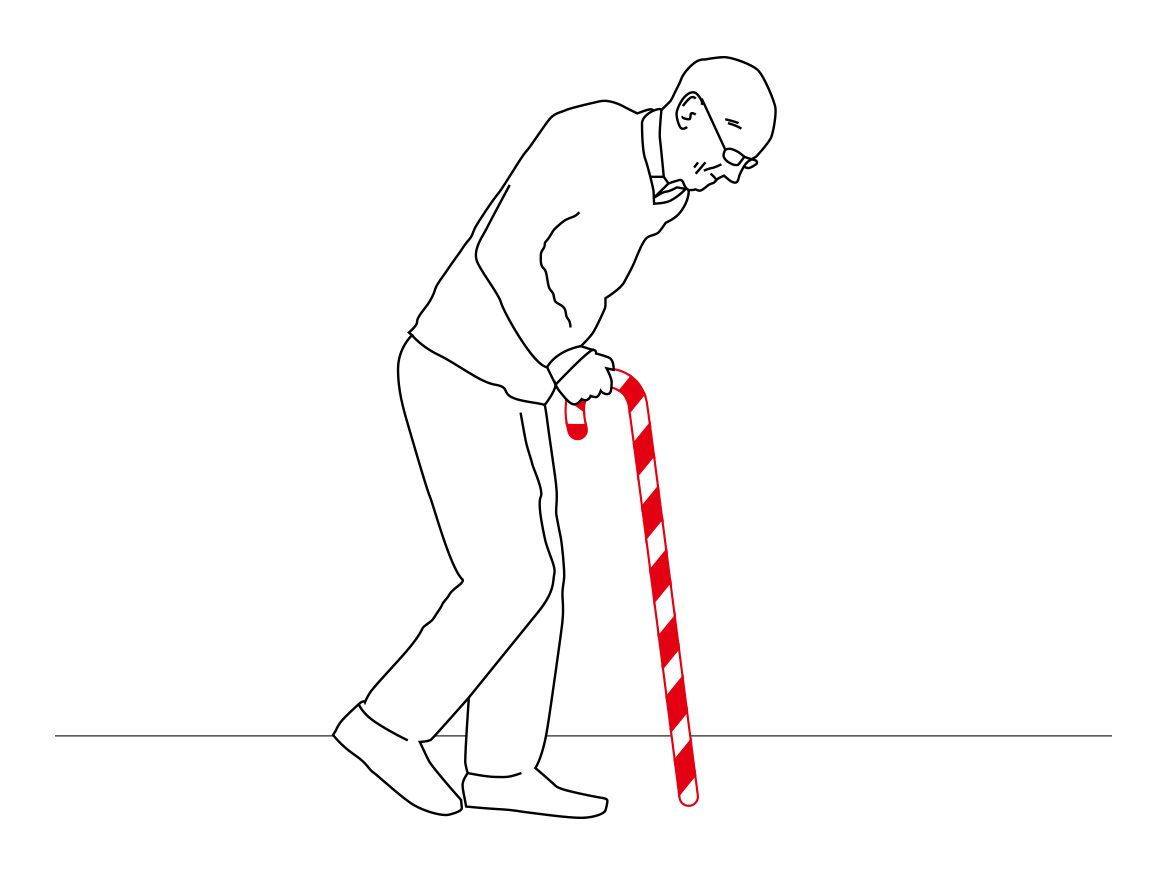We found the connection between Psychology and Physiology so intriguing that we did more research and found more studies done on it. Intuitively it makes sense – the mind affects the body and the body affects the mind, but chancing upon hard scientific evidence makes it even more convincing.
So Becca Levy and colleagues at Yale got senior citizens over the age of 70 to take a special hearing test. A sequence of three ascending pitches for each ear was played. Each time a senior citizen heard a tone, they were supposed to raise their hand. The average score was 3.53 out of 6.
Next the seniors were asked to write the first five words that came to mind when they thought of an old person. The researchers noted how each senior responded and categorized each answer. The first category was from very positive (e.g. compassionate) to very negative (e.g. feeble). The second category was from external (e.g. white hair) to internal (e.g. experienced). The researchers got two sets of data – hearing test and attitude profile of each senior.
Three years later, the same seniors were invited to take the same hearing test again. This time the average score dropped. But not all participants’ hearing deteriorated equally. Those seniors who used negative and external descriptors to describe old age were worse off. Even after isolating other factors that would diminish hearing e.g. medical condition, the researchers found that the negative and external descriptors were responsible for a 0.7-point drop in a senior’s score – amounting to eight years of normal aging – in just three years. Even participants who scored a full 6 in the first round, and had used negative and external descriptors, experienced worse off diminished hearing.
This proves that negative and external feelings about old age can actually make people physically age faster. The effect is not limited to hearing alone, but to memory loss, cardiovascular weakness and even a reduction in overall life expectancy by an average of 7.5 years.
Sources:
Hearing decline predicted by Elders’ stereotypes – Becca Levy, Martin Slade, Thomas Gill – Journal of Gerontology: Psychological Sciences 61B (2006): 82-88
Longevity increased by positive self-perceptions of aging – Becca Levy, Martin Slade, Suzanne Kunkel and Stanislav Kasl – Journal of Personality and Social Psychology 83 (2002): 261-70
Longitudinal benefit of positive self-perceptions of aging on functional health – Becca Levy, Martin Slade and Stanislav Kasl – Journal of Gerontology: Psychological Sciences 56B (2002): 409-17
Improving memory in old age through implicit self-stereotypes – Becca Levy – Journal of Personality and Social Psychology 71 (1996): 1092-1107
